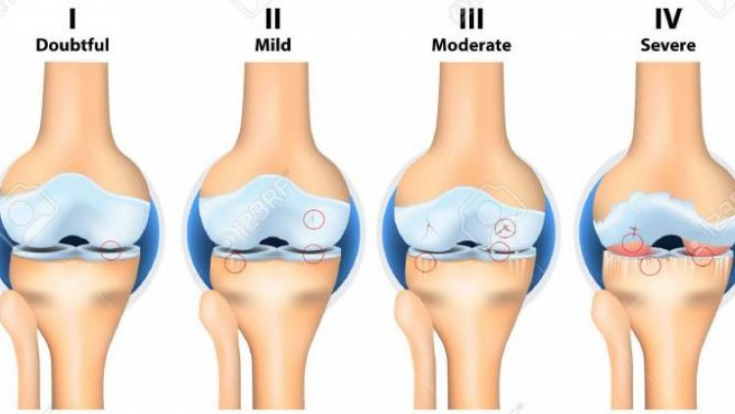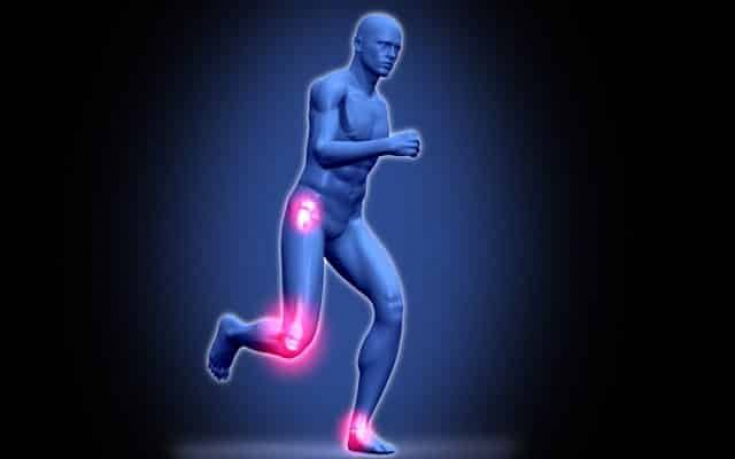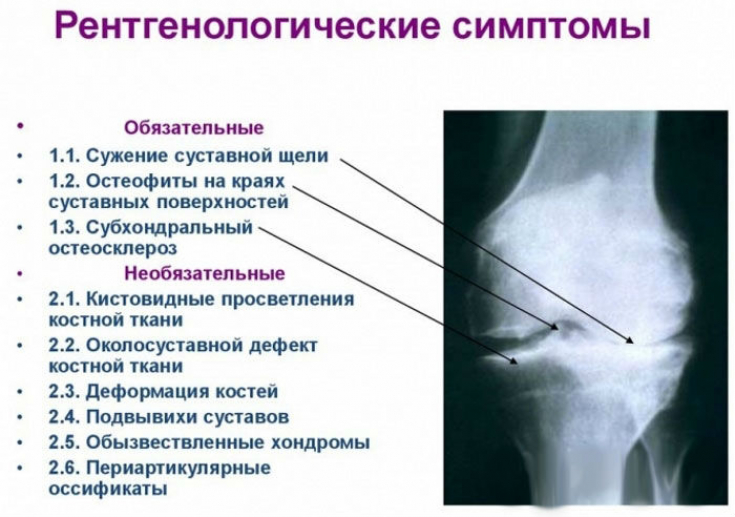Not only the elderly, but also the young are familiar with the feeling of discomfort that accompanies joint pain. Naturally, the problem worries the older generation more often, but no one is immune from joint problems.
Pain syndrome can be short-term, then painkillers come to the rescue, but what about long-term discomfort in the joints, which does not disappear anywhere. Often, joint damage is associated with a disease such as joint sclerosis.
estet-portal.com will tell how the disease, which is also called subchondral sclerosis of the articular surfaces, manifests itself, what it happens and what is the treatment.
Sclerosis of the joints: what is this pathology
Sclerosis of the joints is a pathology that affects the joint. Initially, degenerative processes begin in bone tissue or cartilage. Then comes the impact on the articular surface, which undergoes changes. As a result, the bone tissue thickens and grows, which leads to the formation of irregularities and bone outgrowths – osteophytes.
Joints crunch all over the body: what is the reason and what to do
The presence of osteophytes leads to increased friction, which causes pain in humans. Timely access to the doctor and correct diagnosis can prevent undesirable consequences of the disease, including – complete immobilization of the joint.
The main causes of joint sclerosis
The following factors accompany the development of pathology:
• heredity;
• old age;
• overweight;
• Sedentary lifestyle.
We feel pain in the joints after physical exertion, so the disease often develops in people who are constantly engaged in hard physical labor.

Among the causes of the pathology, there are also:
• diseases of the endocrine system;
• diseases of metabolism;
• Birth defects;
• pathologies of the immune system;
• circulatory problems.
Doctors do not consider pathology to be an independent disease, but a concomitant symptom of other diseases. Among the main diseases, arthrosis is distinguished, which is accompanied by the formation of osteophytes along the edges of the joints and osteochondrosis, when bone outgrowths form along the edge of the vertebrae.
Forms of development of subchondral sclerosis of the joints
There are two forms of development of subchondral sclerosis of the articular surfaces:
• primary, when changes in the surface of the joints develop in a healthy joint, in this case, pain is present only with a load on the musculoskeletal system, and at rest the pain recedes;
• secondary form, when a joint damaged earlier as a result of trauma or arthritis is affected.

The secondary form is more dangerous and sometimes results in the development of bone spurs or joint immobility. Most often, sclerosis of the joints affects the ankle, hip and knee.
Read also: 10 effective exercises for knee health
Therapeutic process of joint diseases
If a diagnosis is made, then you should be prepared for the fact that the treatment process is lengthy and requires some effort. Therapy includes:
• taking non-steroidal, anti-inflammatory drugs and analgesics, in case of severe pain syndrome;
• Performing special exercises that improve joint flexibility and blood circulation;
• carrying out physiotherapeutic manipulations – acupuncture, hardware physiotherapy;
• Compliance with semi-bed or orthopedic regimen;
• restriction of physical activity;
• compliance with dietary nutrition and weight control.

What foods to treat diseased joints
Sclerosis of the joints is a serious disease that requires timely intervention of specialists. Doctors will determine the therapeutic process and minimize the dangerous consequences.
Read also: What to do if your knee hurts a lot: a set of rules for joint treatment






Add a comment